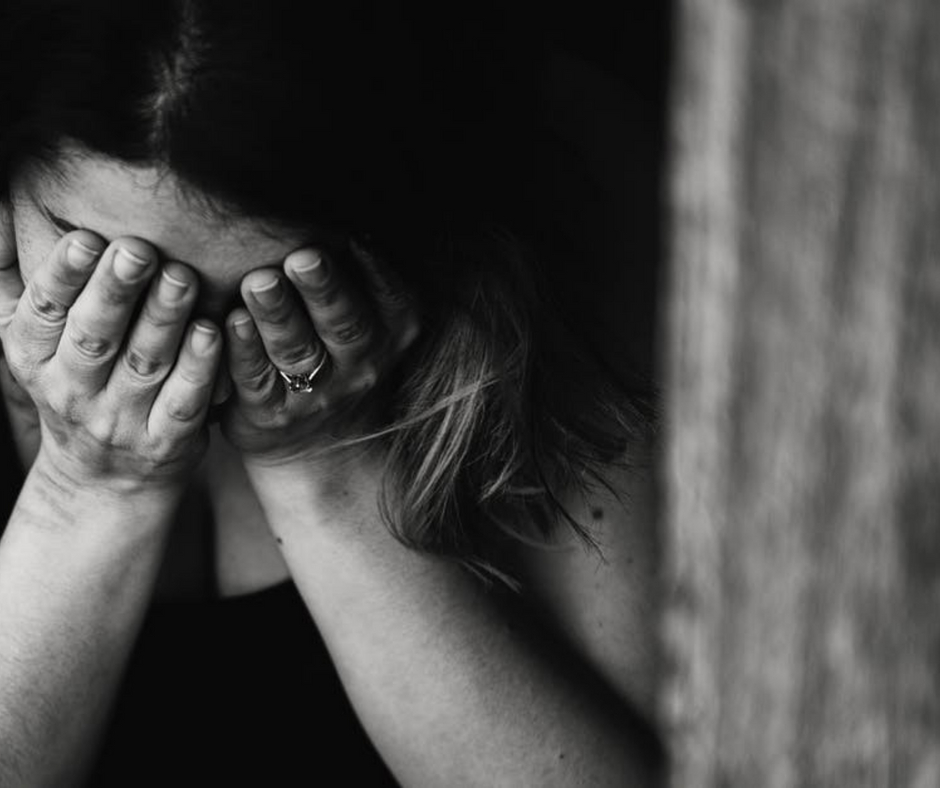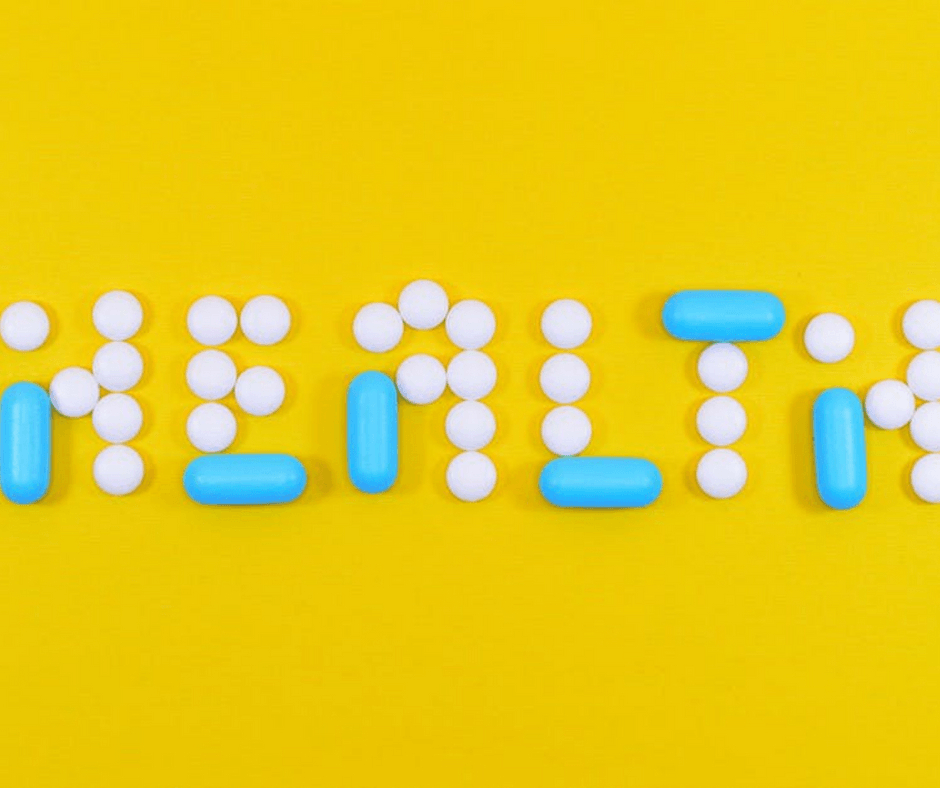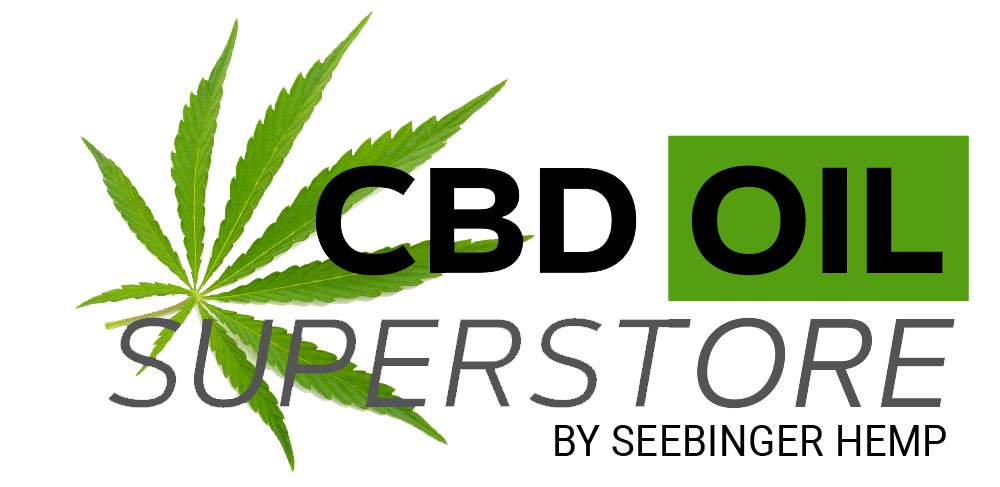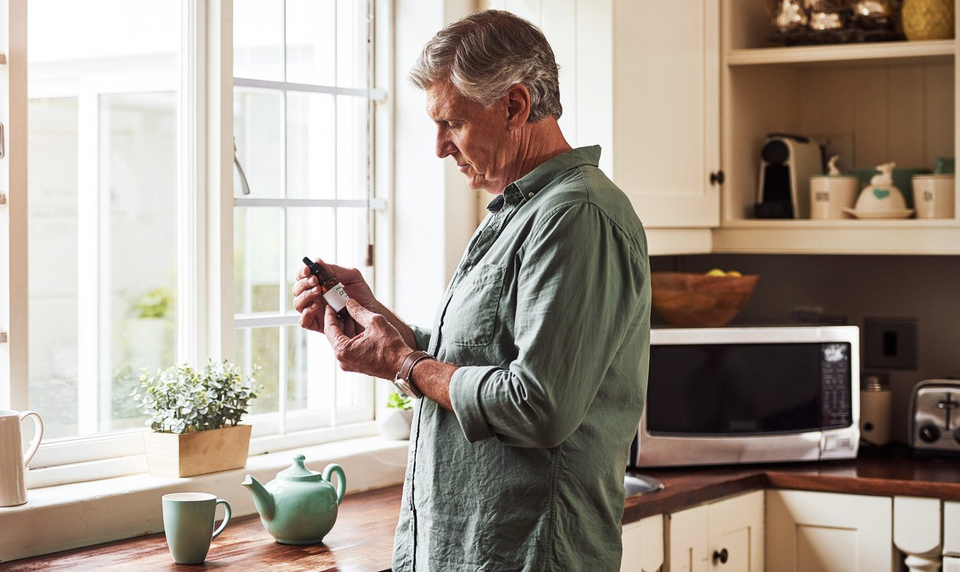Can CBD treat PTSD (Part 1)
What Is PTSD?
What is PTSD? PTSD or Post Traumatic Stress Disorder is a mental illness. The term is now widely used but still misunderstood.. Mainstream America has always mentioned it in one way or another including terms like shell shocked, traumatized, flashbacks and combat fatigue. It was spoken in hushed tones and usually in reference to a Vet or enlisted person who was widely erratic and often volatile or over reacted to normal or seemingly minor life events. A person who admitted having or associating with someone who had it quickly turned into a social pariah. Doctors didn’t know how to treat it and often prescribe sedatives, or other prescriptions with similar opioid effects. Colleagues, family, and friends just wanted those displaying symptoms to quickly get over it and go back to normal. If they could go back to ‘normal’ they would have. Fast forward to today where we are able to discuss it without so much negative social stigma.
What Are PTSD Symptoms?
PTSD according to a recent study - The Epidemiology of DSM-5 Posttraumatic Stress Disorder in the United States: Results from the National Epidemiologic Survey on Alcohol and Related Conditions by Goldstein, Smith and Grant: PTSD is characterized by intrusive, involuntary, distressing remembering or reexperiencing, avoidance, negative alterations in cognitions and mood, and changes in arousal and reactivity following direct experience, witnessing, repeated or extreme exposure to aversive details, or learning of the occurrence to a close other of actual or threatened death, serious injury, or sexual violence. We can now classify what behaviors are exhibited, but how does classification help it? Although we can not erase the psychological trauma, if we understand the symptoms of PTSD we can begin treatment by reducing if not alleviating those symptoms.
Is CBD Effective For PTSD?
Until recently, common practice for treating PTSD have been talk therapy, psychotherapy and psychiatric medications. While all of the above modalities have some measure of effectiveness depending on the trauma, there are new studies coming to light about using CBD as an adjunct to other therapies thereby reducing patient overall exposure to opiate and psychoactive medications such as serotonin/norepinephrine re-uptake inhibitors, antiadrenergic agents, antipsychotics and their subsequent side effects and strongly correlated addiction. Enter the use of CBD as PTSD co-treatment. CBD can reduce the number and intensity of nightmares as well as reduce general anxiety.
Does CBD Interfere With Medications?
CBD are non psychoactive cannabidiol compounds which are naturally occurring and used by the human body everyday. They are non habit forming (non-addictive) legal in the US ( basically non existent THC level- you will not test positive on employers drug test) and will not interfere with existing medications that do not have a grapefruit warning. If you are taking medications with such a warning you should take them hours apart from CBD to avoid any conflict with absorption of the prescription medication. Non habit forming and the lack of interaction with existing medications make Seebinger hemp products the perfect weapon to add to your PTSD arsenal. Our wide selection of organic CBD items come in various sizes and flavors to suit all taste. When you think CBD, think CBD Oil Super Store. As always consult your physician prior to beginning any medication or supplement routine.
Recent Posts




